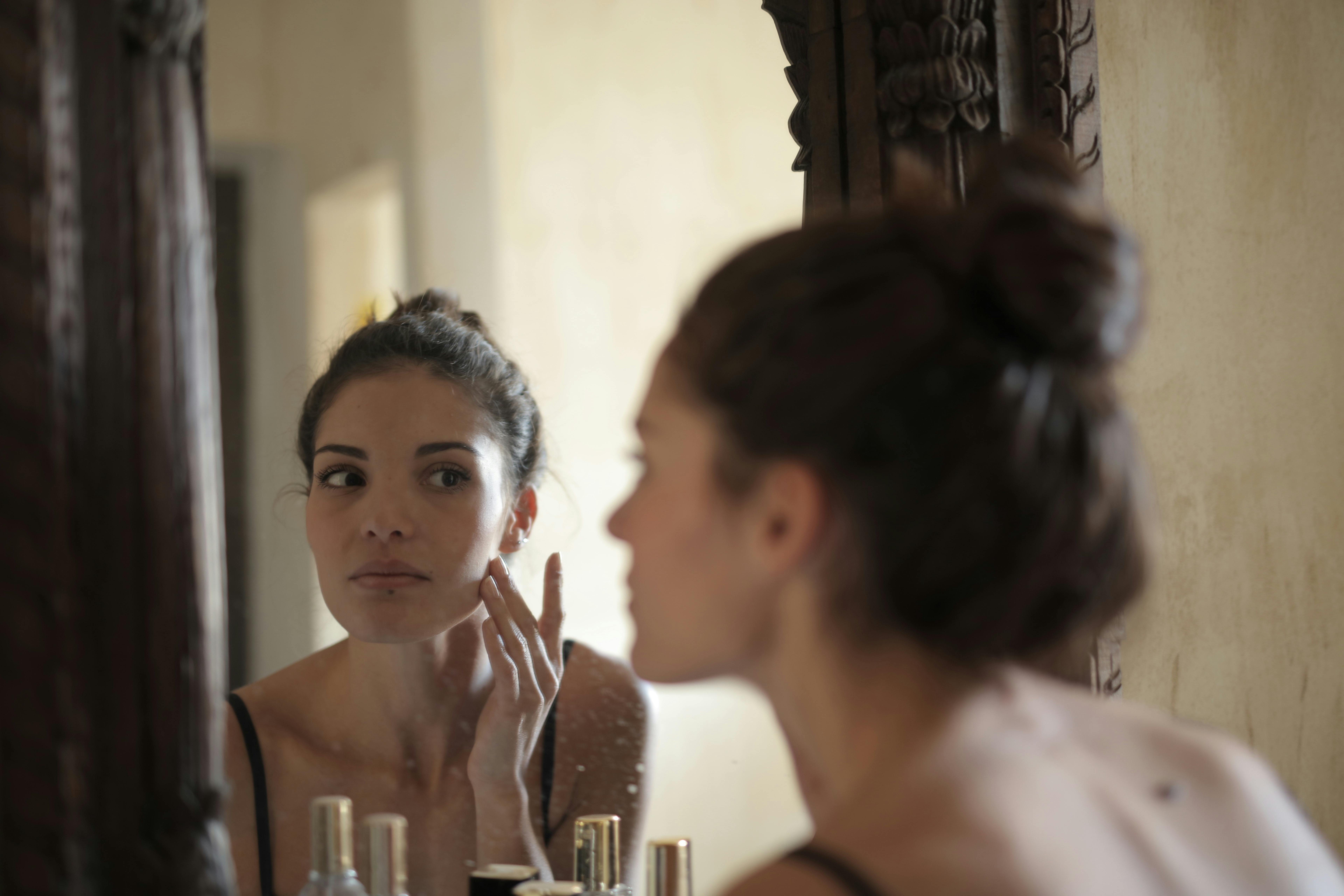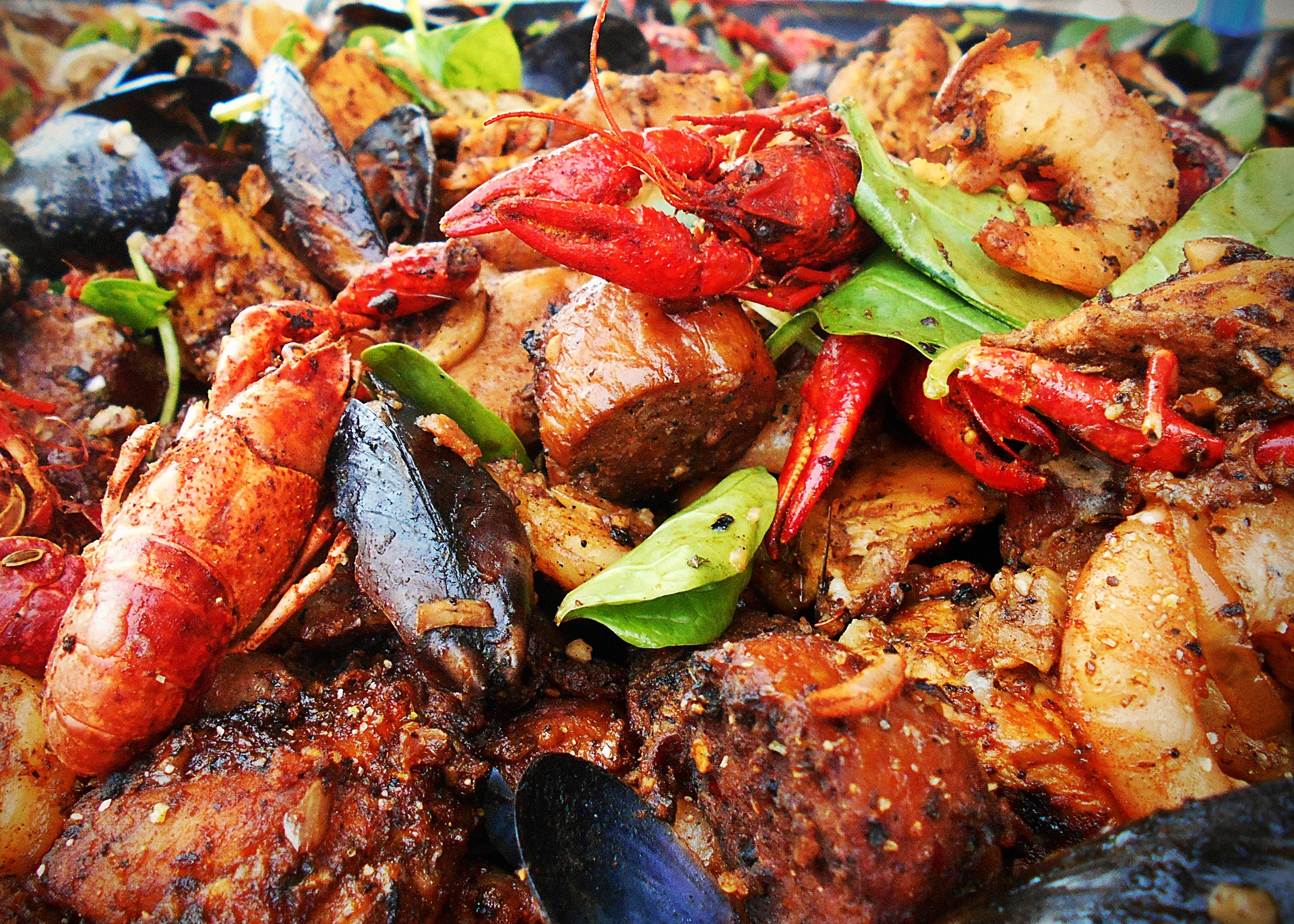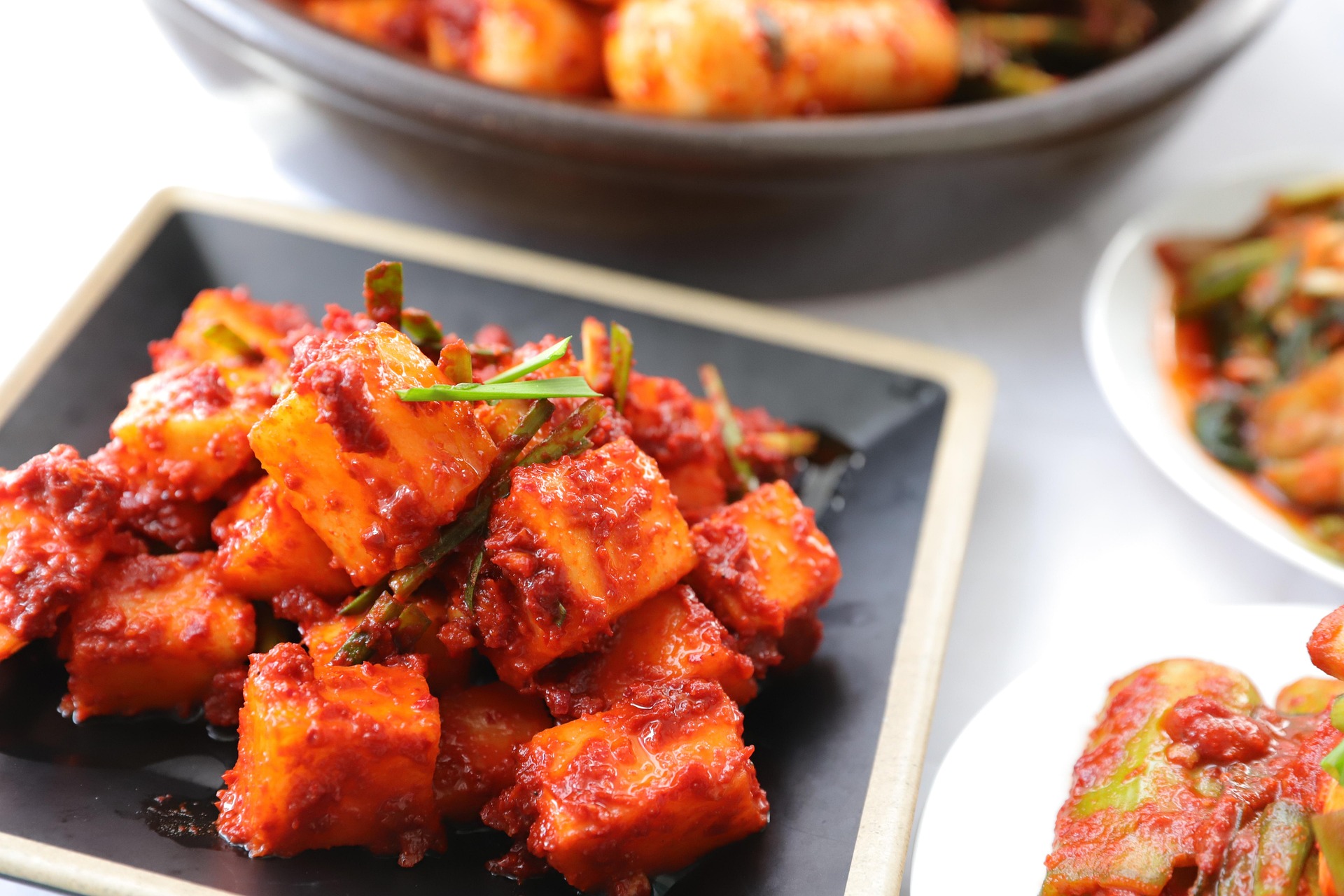The Power of Makeup: Unraveling the Art and Impact of Transformative Cosmetics
Throughout history, makeup has been used as a tool of transformation, allowing individuals to alter their appearance, express their identity, and communicate cultural, social, and personal values. In contemporary society, the role of makeup has evolved, transcending the boundaries of mere physical enhancement to encompass aspects of empowerment, creativity, and self-expression. This article explores the multifaceted nature of makeup, its historical context, current relevance, trends, and its impact and reception in the beauty industry and beyond.

Historical Context: Adorning the Body, Expressing the Self
Makeup has been an integral part of human culture for thousands of years, with roots tracing back to ancient civilizations. The Ancient Egyptians, for example, used kohl to line their eyes, not just for aesthetic purposes, but also as protection against the harsh desert sun. In ancient Rome and Greece, makeup was a symbol of status, with wealthy women wearing white lead on their faces to achieve a pale complexion, considered a sign of nobility and refinement.
The use of makeup to express one’s identity and social standing continued throughout different eras, taking on various forms and meanings. During the Victorian era, for example, makeup was associated with vanity and was often frowned upon. It was only in the 20th century, with the rise of Hollywood and the beauty industry, that makeup became widely accepted and celebrated as a form of self-expression and empowerment.
The Modern Makeup Movement: Empowerment and Expression
In today’s world, makeup is no longer just about beauty and attractiveness. It has become a powerful tool for self-expression, allowing individuals to redefine beauty on their own terms. Makeup can serve as a form of personal branding, a way to make a statement, or a means to convey one’s mood or persona. It can also be used as a platform to challenge societal beauty standards and promote inclusivity and diversity.
The rise of social media has further fueled this transformative power of makeup. Platforms like Instagram and YouTube have given birth to a new generation of makeup artists and enthusiasts who use these channels to showcase their creativity, share tutorials, and inspire others with their unique interpretations of beauty.
Trends and Impact: Breaking Boundaries, Shaping Perceptions
The impact of makeup on society and culture is evident in the trends we see today. The ‘no-makeup’ makeup look, for instance, reflects a growing preference for natural beauty and authenticity. On the other end of the spectrum, there’s the bold, artistic makeup trend, which celebrates individuality and creativity.
Another significant trend is the rise of gender-neutral makeup, reflecting a shift in societal perceptions of gender and beauty. Brands like Fenty Beauty and MAC have championed inclusivity by offering products for all skin tones and genders, challenging the traditional binary approach to makeup.
The Reception of Transformative Makeup: From Controversy to Acceptance
The transformative power of makeup has not been without controversy. Critics argue that it promotes unrealistic beauty standards and fosters a culture of vanity and self-obsession. However, as society’s understanding of beauty evolves, so does its acceptance of makeup as a form of self-expression and empowerment.
More and more, people are recognizing that makeup is not about concealing flaws or striving for perfection, but about celebrating individuality, creativity, and personal freedom. This shift in perception has led to a more inclusive and diverse beauty culture, where everyone is free to define their own beauty and express it in their own unique way.
The Future of Makeup: A Canvas for Creativity and Empowerment
As we look forward, it is evident that the role of makeup in society will continue to evolve. The future of makeup lies not just in the products we use, but in the values they represent and the stories they allow us to tell. As a form of art, self-expression, and empowerment, makeup will continue to be a powerful tool for personal and social transformation, shaping not only how we look, but also how we perceive ourselves and others.
In conclusion, the power of makeup lies in its ability to transform not just the face, but the individual and society as a whole. As we continue to redefine beauty, makeup remains a powerful tool that allows us to express ourselves, challenge societal standards, and celebrate our unique identities.




